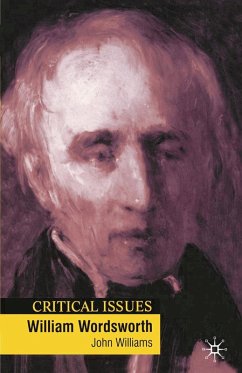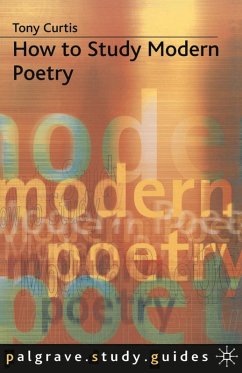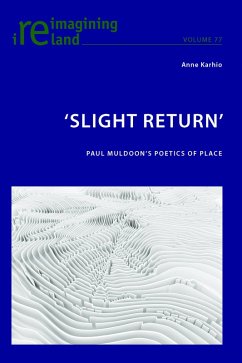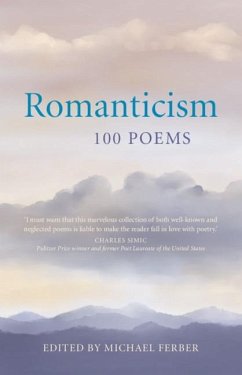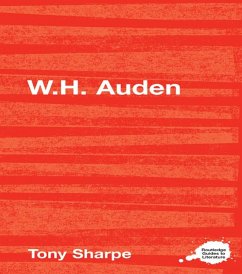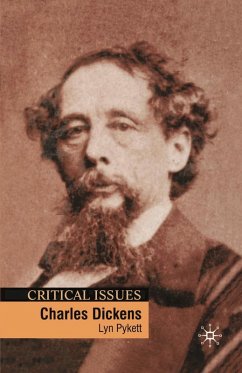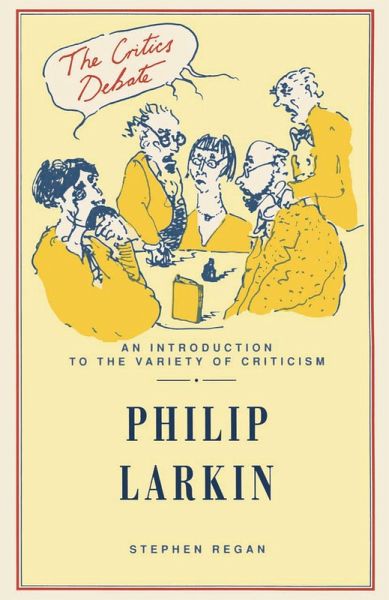
Philip Larkin (eBook, PDF)
Versandkostenfrei!
Sofort per Download lieferbar
25,95 €
inkl. MwSt.
Weitere Ausgaben:

PAYBACK Punkte
13 °P sammeln!
Following the recent publication of Philip Larkin's Collected Poems, this study draws on a previously unavailable range of work extending from 1938 to 1983. In the course of its survey, the book exposes the limitations of narrowly thematic and formalist criticism, but it treats with equal scepticism the fashionable tendency to regard Larkin as a 'symbolist' poet. In his appraisal Stephen Regan argues strongly for the importance of reading the poems historically and contextually. The emphasis here is on the post-war cultural milieu of Larkin's work and its complex engagement with questions of i...
Following the recent publication of Philip Larkin's Collected Poems, this study draws on a previously unavailable range of work extending from 1938 to 1983. In the course of its survey, the book exposes the limitations of narrowly thematic and formalist criticism, but it treats with equal scepticism the fashionable tendency to regard Larkin as a 'symbolist' poet. In his appraisal Stephen Regan argues strongly for the importance of reading the poems historically and contextually. The emphasis here is on the post-war cultural milieu of Larkin's work and its complex engagement with questions of individual freedom and social commitment.




